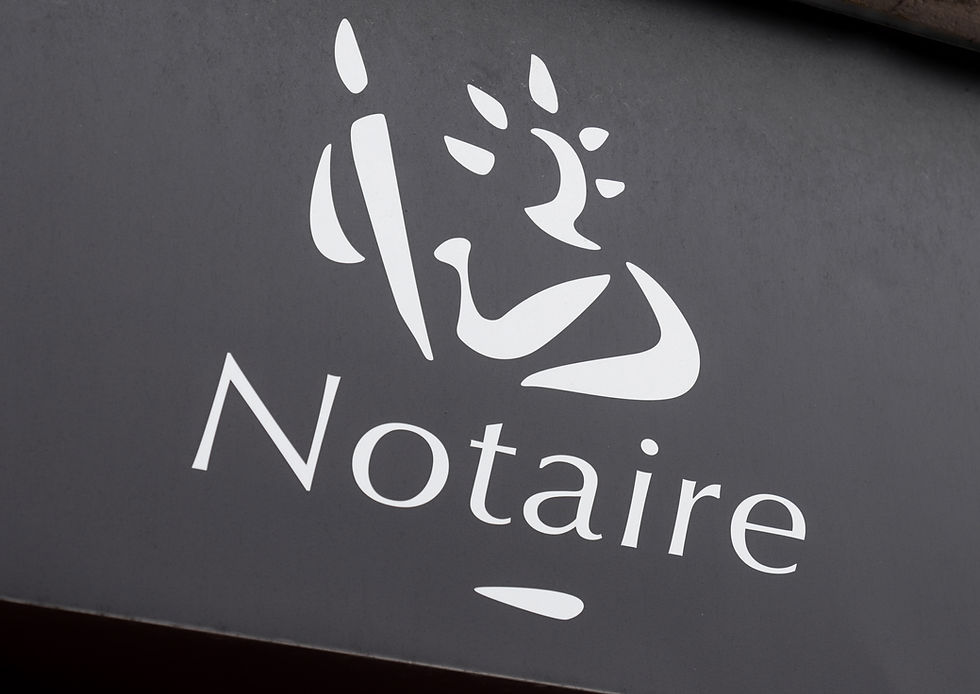This diploma course provides a foundational understanding of notarization within the financial sector. Participants will learn about the role of a notary, legal requirements, best practices, and ethical considerations for notarizing financial documents. By the end of the course, students will be equipped with the necessary knowledge to notarize documents accurately and compliantly within the financial industry.
Diploma in Basics of Notarizing Documents for the Financial Industry
Module 1: Introduction to Notarization in the Financial Industry
- Overview of notarization and its importance in financial transactions
- The role of a notary in ensuring document authenticity
- Key stakeholders in financial notarization (banks, lenders, legal entities)
- Common financial documents requiring notarization
Module 2: Legal Framework and Regulatory Requirements
- Overview of notary laws and regulations (state, federal, and international)
- Compliance with the Uniform Law on Notarial Acts (ULONA)
- Financial industry regulations (AML, KYC, and CFPB guidelines)
- Consequences of improper notarization and legal liabilities
Module 3: Types of Financial Documents Requiring Notarization
- Loan agreements and mortgage documents
- Power of attorney and financial affidavits
- Trust and estate planning documents
- Business contracts, stock transfers, and investment forms
Module 4: The Notarization Process – Step-by-Step Guide
- Identifying signers and verifying identities
- Conducting oath and affirmation procedures
- Recording journal entries and maintaining records
- Administering acknowledgments and jurats
Module 5: Fraud Prevention and Risk Management
- Identifying and preventing fraudulent activities
- Recognizing red flags in financial notarization
- Best practices for document security and verification
- Liability protection and risk mitigation strategies
Module 6: Remote and Electronic Notarization (RON)
- Introduction to remote online notarization (RON)
- Legal considerations and technology requirements
- Step-by-step guide to performing RON
- Security measures and compliance in e-notarization
Module 7: Ethical Standards and Professional Conduct
- The importance of integrity in financial notarization
- Ethical dilemmas and decision-making frameworks
- Confidentiality and data protection regulations
- Maintaining impartiality and avoiding conflicts of interest
Module 8: Practical Applications and Certification Process
- Real-world case studies in financial notarization
- Hands-on exercises and simulated notarization scenarios
- Examining common mistakes and how to avoid them
- Final assessment and certification requirements
%20(Logo).png)
